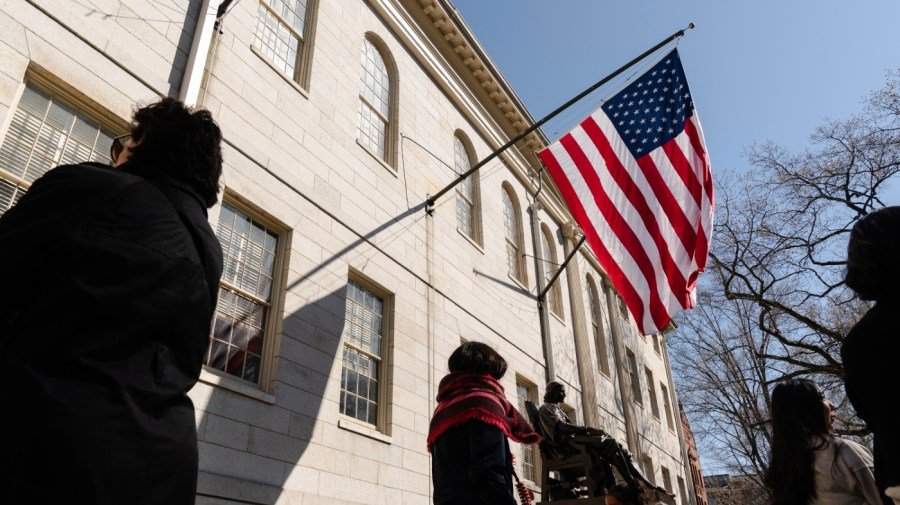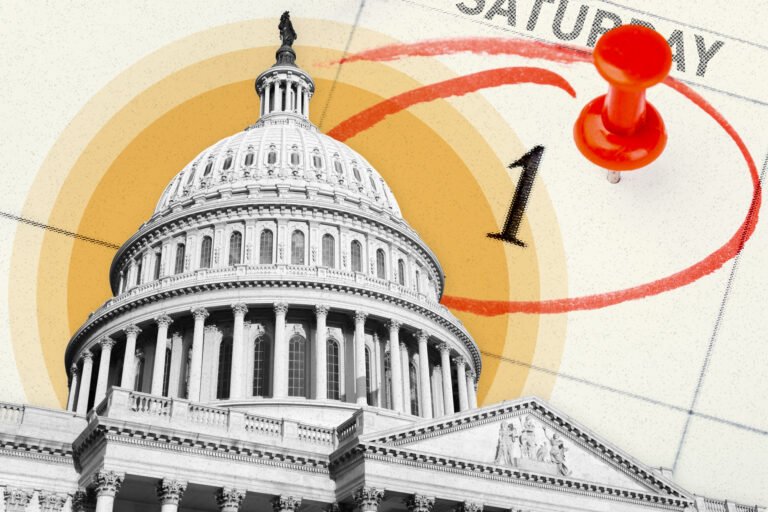
In the often-heated debate surrounding diversity, equity and inclusion, or DEI, on college campuses, a crucial demographic is frequently misunderstood: the evangelical moderate faculty member.
While Evangelicals are often perceived as resistant or even hostile toward DEI efforts, recent data reveal more nuanced perspectives.
These moderates are not adversaries but potential allies in building genuinely inclusive communities. Their balanced stance, reflected in the middle range of survey responses, highlights opportunities for constructive dialogue and collaboration.
Funded by the Templeton Religions Trust, the InForm survey asked nearly 1,000 faculty members about their opinions on matters of university life, including free speech, DEI and religion. Full survey results and public data set will be made available in early 2026.
Of the 975 usable responses, 7.5 percent identified as Evangelical. Of these, 40.6 percent of faculty identified as politically moderate, 39.8 percent as politically liberal and 19.6 percent as politically conservative.
Data were weighted to represent national norms across various factors, including region, institutional control and institutional type. Analyses were performed to indicate statistically significant differences between Evangelicals based on their political leanings.
To be clear, observations indicate significant differences between faculty on DEI measures, not an indication of DEI endorsement itself. In other words, Evangelical moderate faculty may endorse DEI items, but not to the same degree as Evangelical conservatives, for example.
Consider the numbers. While the broader evangelical community may strongly agree with statements critical of DEI, moderate evangelicals offer a pathway to mutual understanding.
For example, in the statement “Programming and support for students should be general instead of targeting specific identities,” Evangelical conservatives average around 3.8 percent, but moderates score much lower, around 2.6 percent.
This indicates a more flexible approach to identity-specific programming: Moderates value universal support and recognize the need for targeted interventions when necessary, such as addressing specific disadvantages for underrepresented groups or historical inequities.
Rather than rejecting tailored support for minoritized students, moderates show a nuanced preference for broad benefit.
Similarly, when asked whether “Diversity programs generally do more harm than good on college and university campuses,” the overall Evangelical conservative mean is 3.6 percent, but moderates score only around 2.2 percent. This significant difference shows that moderate evangelicals are far less convinced that DEI programs are inherently harmful.
This opens the door to conversations about improving these programs and demonstrating their positive impact, rather than dismissing them outright. Moderates are open to evidence and results.
Most telling is the response to “The promotion of diversity, equity, and inclusion on college and university campuses has gone too far.” The overall evangelical agreement is a high near 4.3 percent, while moderates respond with a lower score of approximately 2.6 percent.
This gap shows that moderate evangelicals are much less likely to believe DEI has gone “too far.”
It challenges the stereotype of evangelicals as uniformly anti-DEI and suggests a willingness to engage with DEI principles — though they may have reservations about specific implementations. Their critiques focus on practical application rather than the ideals of DEI itself.
The data also show nuance regarding calls to ban DEI programs.
For the statement “The current efforts to ban campus diversity programs are well justified,” moderates respond nearly 2.3 percent lower than conservatives overall, which is approximately 3.5 percent — indicating less support for outright bans and more openness to reform.
Additionally, when moderates respond that “Campuses should not concern themselves with religious, secular and spiritual diversity,” the response is nearly 2.1 percent, compared to the conservative mean of 3.1 percent.
This signals that moderate evangelicals believe campuses should address religious and spiritual diversity, aligning with DEI’s broader goal of inclusive representation.
The data on moderate evangelicals provides a compelling argument for their role as essential allies in the DEI conversation.
Their lower agreement with strong anti-DEI sentiments, coupled with a clear interest in holistic diversity that includes religious and spiritual dimensions, presents an opportunity.
By focusing on shared values such as universal human dignity, community building and genuine justice, DEI advocates can bridge divides and welcome moderate evangelicals into a collaborative effort to create more equitable and inclusive educational environments.
It’s time to recognize these unseen allies and engage them in building a better future for all students.
Matthew J. Mayhew is a professor of Higher Education at The Ohio State University


